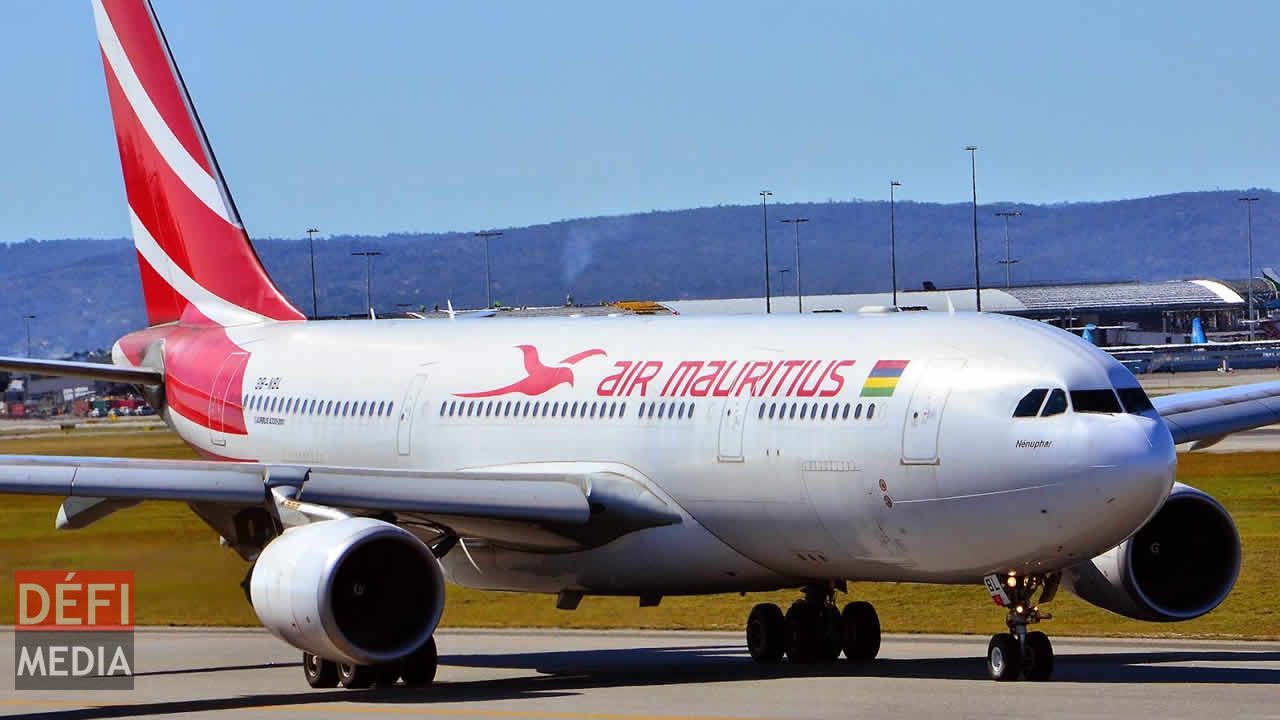
Air Mauritius was primed to be a born-winner. Forget about its young monopolist days. Even now, under the code share scheme endorsed by most of the major airlines operating in our region, Air Mauritius is part of a high sky club that smacks more of a cartel than real world competition.
Take any destination on a return ticket basis. Mauritius to Reunion Island, a 30-minute flight costs around Rs 11 760. In comparison, a 45-minute flight between Singapore and Malaysia costs as little as Rs 2 000. A 4-hour flight between Mauritius and South Africa costs on average Rs 20 000, while a 4h30-hour flight linking Kuala Lumpur and Taipei costs barely half the price. If this is not an oligopoly market shared between Air Mauritius and its preferred partners, practising quasi monopoly pricing, well economics must redefine what a cartel is all about.
Publicité
The icing on the cake is that on some destinations, like Mauritius/Dubai, Air Mauritius does not even have to take the sky; it is getting its cut from Emirates through the infamous code share scheme. You own the route, you have permission to print money. This is what the business model of Air Mauritius is supposed to be.
Alas! Air Mauritius has joined another of paradise miracle player: The State casinos. Like SAJ put it, spot on « dans ki pei dans lemonde ou trouv kasino fer la perte ou? ». Yes, anyone with a slight knowledge about probability knows that in any casino on planet Earth, the odds are skewed in favour of the house not the player. But how come does a money printing machine goes bankrupt?
For Air Mauritius, here is the secret sauce in three comparative facts and figures:-
Singapore is a smaller country than Mauritius. In May 2019, Singapore Airlines Group announced a “highest ever annual revenue of $16,3 billion”, with operating profit at $1,067 million for the year 2018/2019. Around the same time, Air Mauritius (AM) posted a loss of Eur 21,7 million for the financial year ending March 31, 2019. Both airlines were operating in the same challenging environment with a hike in the price of fuel.
But this is what one can read in SAG Annual Report: “Cost savings were achieved from numerous initiatives under the transformation program. Consequently, non-fuel unit costs declined 0,8 %”. And this is what you read in the annual report of Air Mauritius: “Employees costs increased by Eur 9,6 million (around Rs 361 million) as a result of the new MOU’s signed with the unions.”
GDP per capita in Mauritius was last recorded at $10 578 in 2018 and estimated at $11 200 by end of 2020, which translates roughly into an average monthly income in the band of Rs 30 000 / Rs 35 000. Air Mauritius apparently has 3 000 employees with a pay roll amounting to Rs 3,8 billion per year. In other words, on average, the monthly salary of an Air Mauritius employee, 13th month bonus included, is Rs 97,435, i.e., 300 % more than the average salary of any other Mauritian employee. Or the PRB turbo version of a listed company. And we are not even talking about the perks, which come in the form of free airline tickets for employee and family, all year round.
In truth, the average hard-working personnel is not the grand beneficiary of the manna falling from sky. The top brass, Board members, some unionists, the political appointees of every regime, the coterie of all seasons, the political caste, to name a selected few, are the wheeler-dealers of Air Mauritius turned “Pays de Cocagne” and “Cour des Miracles” combined. Can you believe it? Free business class tickets for life for the darlings under a public company listed on the stock exchange! Normally people at the service of a company are supposed to add value to the entity. In the case of Air Mauritius, we are faced with a whole bunch of value extractors at every echelon of the organization, and beyond. It is like leeches feasting on a corpse.
Unfortunately, Air Mauritius like the State casinos are only the mirror of so many other State corporations awaiting disaster in the making. Despite World Bank and International Monetary Fund recommendations to give some a good cleanse before it’s too late, the political will of the political caste, so enamoured of their vote banks, is nowhere to be found. On the contrary, we are hearing the echo of the old sing song from the same failed ideological crowd to further tax the productive sectors (in order to keep feeding the expanding parasite economy). Not a good idea to keep investment flowing and not fleeing.
An expat friend of mine, owner of a factory employing some 200 persons, was half-jokingly sharing the other day: “They are trapping market mechanism into central planning type of legislation. This is not what I was promised. Now not only MRA, but also the union and even my workers have become my bosses. So, to say, I must report to the lot for my hard earned, job creation investment. Had I invested at a click in Netflix at its IPO, I would have made a gain of 34,340 % over 18 years, without any hassle. I would be a billionaire tourist relaxing on your beach. Here I am at the head of a “tablisman” as you say, not knowing where it is all heading.”
For my part, at this time of Covid-19, I am reminded of the early 80s. The country was on the verge of bankruptcy and collapse, with only two weeks of monetary reserves for the importation of food, and 100 000 unemployed crying angrily on the streets. One man raised to the occasion: Sir Anerood Jugnauth. While one political leader was seriously advocating that the population “manz maniok ek patat” to survive, SAJ threw off his ideological blinkers. He and his team opened the economy, cut down on public expenses, kept in check the unionists (ask Soodhun!) and facilitated the productive sector. In no matter of time, in fact two years, from 1983/85, the economy was bouncing back. Sir Gaëtan legendary “Solange amenn mo diary” became a reality; full employment was achieved. The “first economic miracle” is now History.
On a broader level, I am reminded of Lee Kwan Yu decisive actions. One being replacing Chinese languages by English at every level in the educational system despite fierce opposition from the majority population of Chinese origin. This and other bold radical moves helped Singapore to speak the language of trade and commerce, and eventually emerge as the First World Country, it is today. In other words, a nation which despite its straight jacket democracy, has adopted best world practices, meritocracy, transparency, and accountability, and above all a thriving market economy, not just as political slogans but a way of life.
Myth Buster

Notre service WhatsApp. Vous êtes témoins d`un événement d`actualité ou d`une scène insolite? Envoyez-nous vos photos ou vidéos sur le 5 259 82 00 !




















![[Info Soirée] : « bizin pa negliz bann slow learners »](https://defimedia.info/sites/default/files/styles/square_thumbnail/public/thumbnail_190425.jpg?itok=J--MzK_k)
